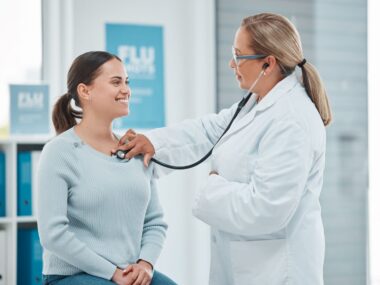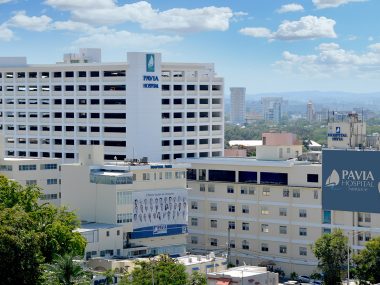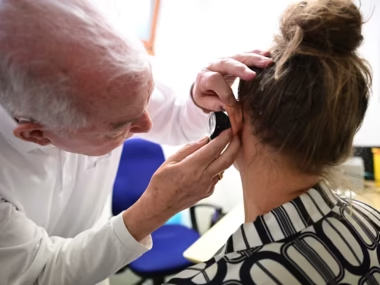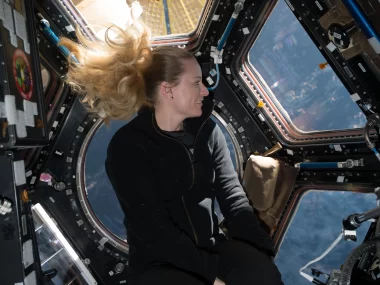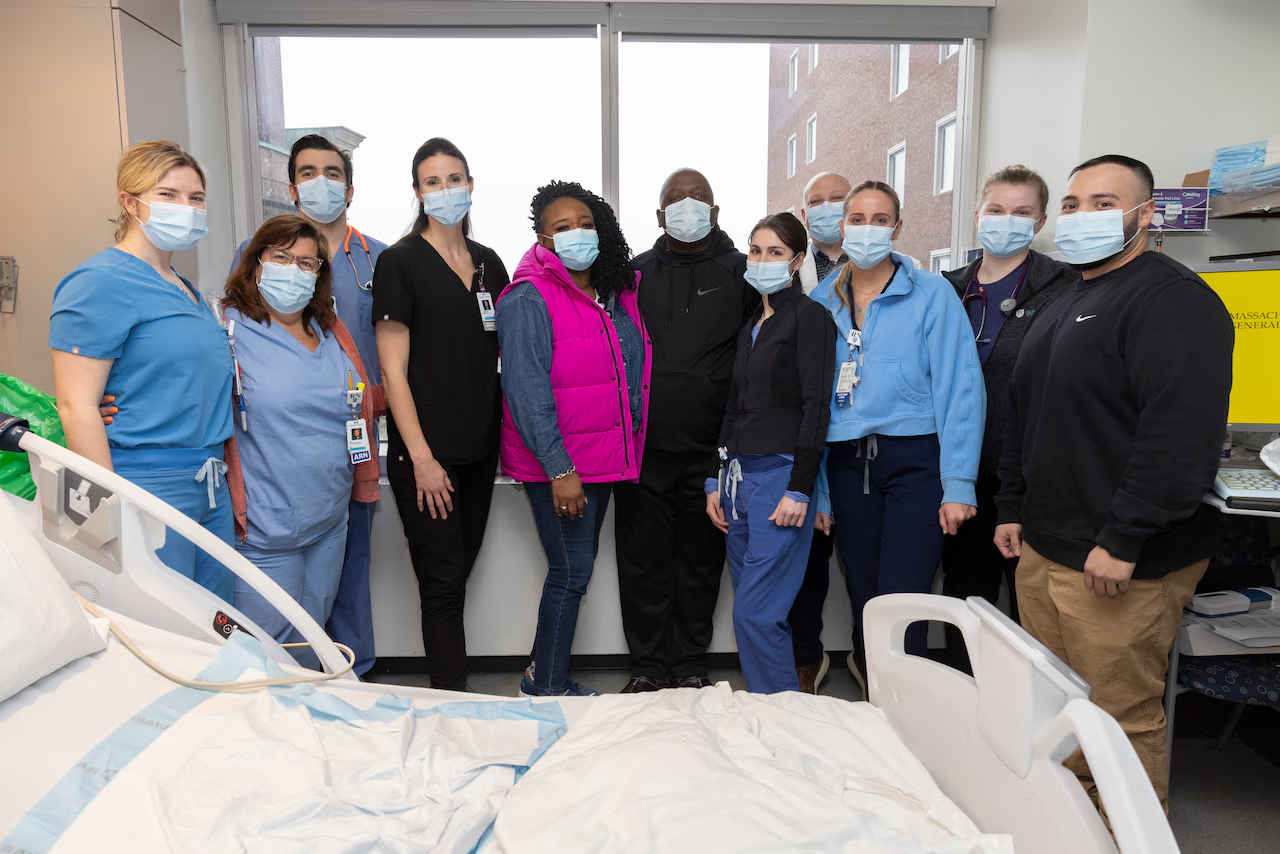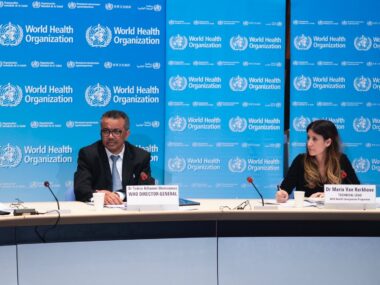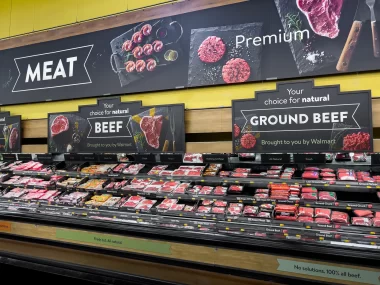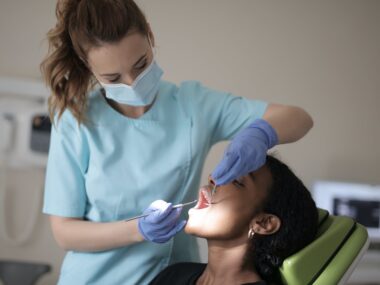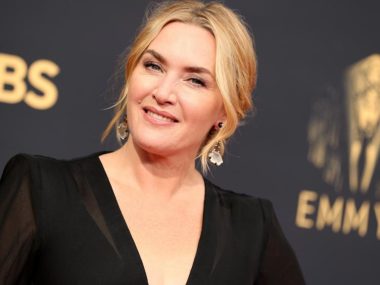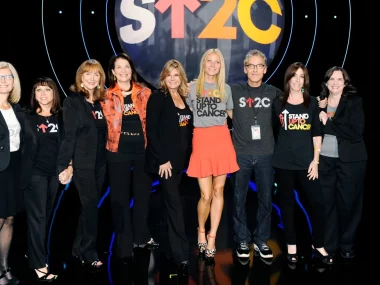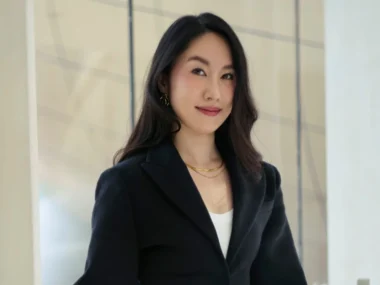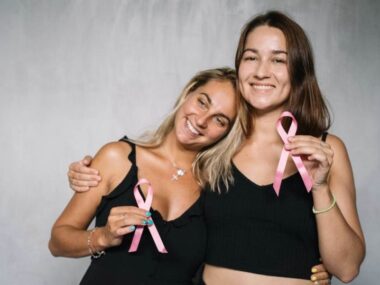When Earl found out her daughter was sick, prior to the interview, rescheduling was her only logical choice.
However, when it comes to doctor’s appointments which are sometimes booked out months in advance, how can a woman be sure her motherly duties, or some other obligation, won’t come first?
“You’re making a commitment hoping that three or four months from now, something won’t come up on that day,” Earl said. “When something does come up and you miss it, now you’re three or four months out again. Too often, for moms, we just choose to skip that.”
Busy lives, long wait times and underserved communities are all things IHC looks to accommodate with their mobile unit.
Mobile Mammography Coordinator Jen Leonce said the sheer presence of the traveling unit can help remind women in the area to get their mammograms. Leonce said the bus takes walk-ins as much as they can, but also provides education and other resources when its schedule is booked.
“If we’re not able to see them, there’s a lot of educating that is done and possibly scheduling for another time at the clinic,” Leonce said.
Both Leonce and Earl said the women at Gossner Foods were very appreciative of the mobile unit being brought to them.
“Many just come out to the mobile mammography (unit) on their lunch break so they don’t have to take an entire day of work off,” Leonce said, later adding, “It’s a more intimate situation because it’s just the staff and the patient.”
The decision to bring the unit to Gossner’s employees was one Earl shared a personal connection with. Earl took over as CEO/President of the company when her grandmother Dolores Wheeler passed away following a battle with breast cancer.
“Breast cancer is obviously very near and dear to the hearts of all of us in our organization,” Earl said, later referencing numerous contributions Gossner Foods has made to what is now the Gossner Cancer Center.
Earl thinks supporting the cancer center is vital to the community.
“We think it’s something you really can’t put a price on,” Earl said. “When a family member is receiving cancer treatment, you have a family that’s in crisis and the last thing they need is for that treatment to be difficult to obtain.”
Though breast cancer is more prevalent in women older than 50, Leonce says this is not an excuse for a woman to wait until that age before engaging in preventative care. She also said women shouldn’t entirely rely on their genetics, assuming their family doesn’t have a history of breast cancer.
“There’s always a first person in a family and I just think we shouldn’t rely on our family history as to whether or not we should do our preventative care,” Leonce said. “I think we just need to make that a part of our health and keep up on our preventative care and the time guidelines recommended.”
As of now, Utah has one other mobile unit, working in the southern part of the state. Leonce said her northern unit is booked out until March of 2025 and they have already booked October of 2025 as well.
When asked if another unit has been deemed necessary, Leonce said, “It’s definitely being discussed.”
Leonce also wanted to make sure women know that most insurance providers will allow for a mammogram to be scheduled for free, wherever they might find an appointment.
For businesses in Northern Utah wanting to schedule the unit, visit IHC’s website or call 1-833-626-6646. Businesses in Southern Utah can contact 435-676-1547.









































